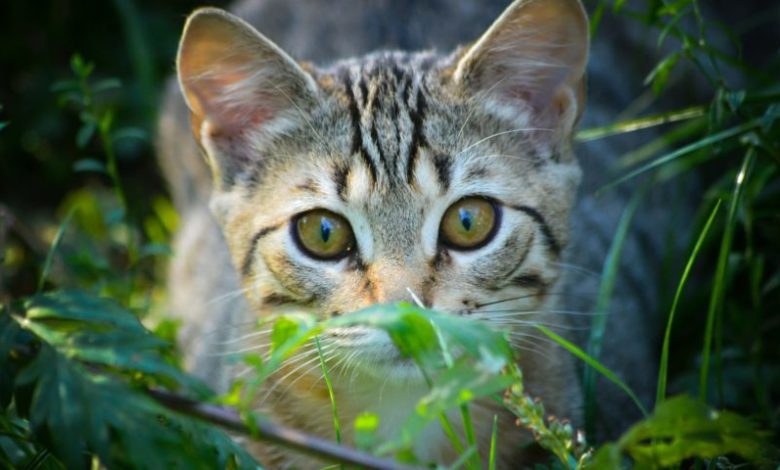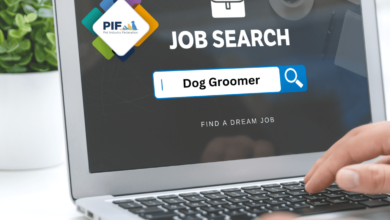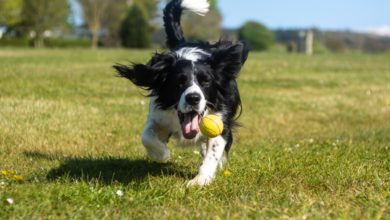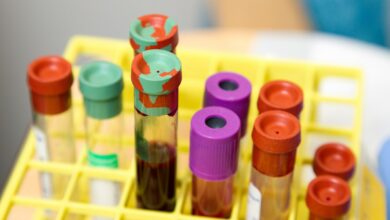41 animal charities urge government to ‘put words into action’ on post-Brexit welfare

The UK Centre for Animal Law and Wildlife and Countryside Link have released a report ‘Brexit – getting the best deal for animals’ calling on the UK Government to “turn words into action” for animals.







